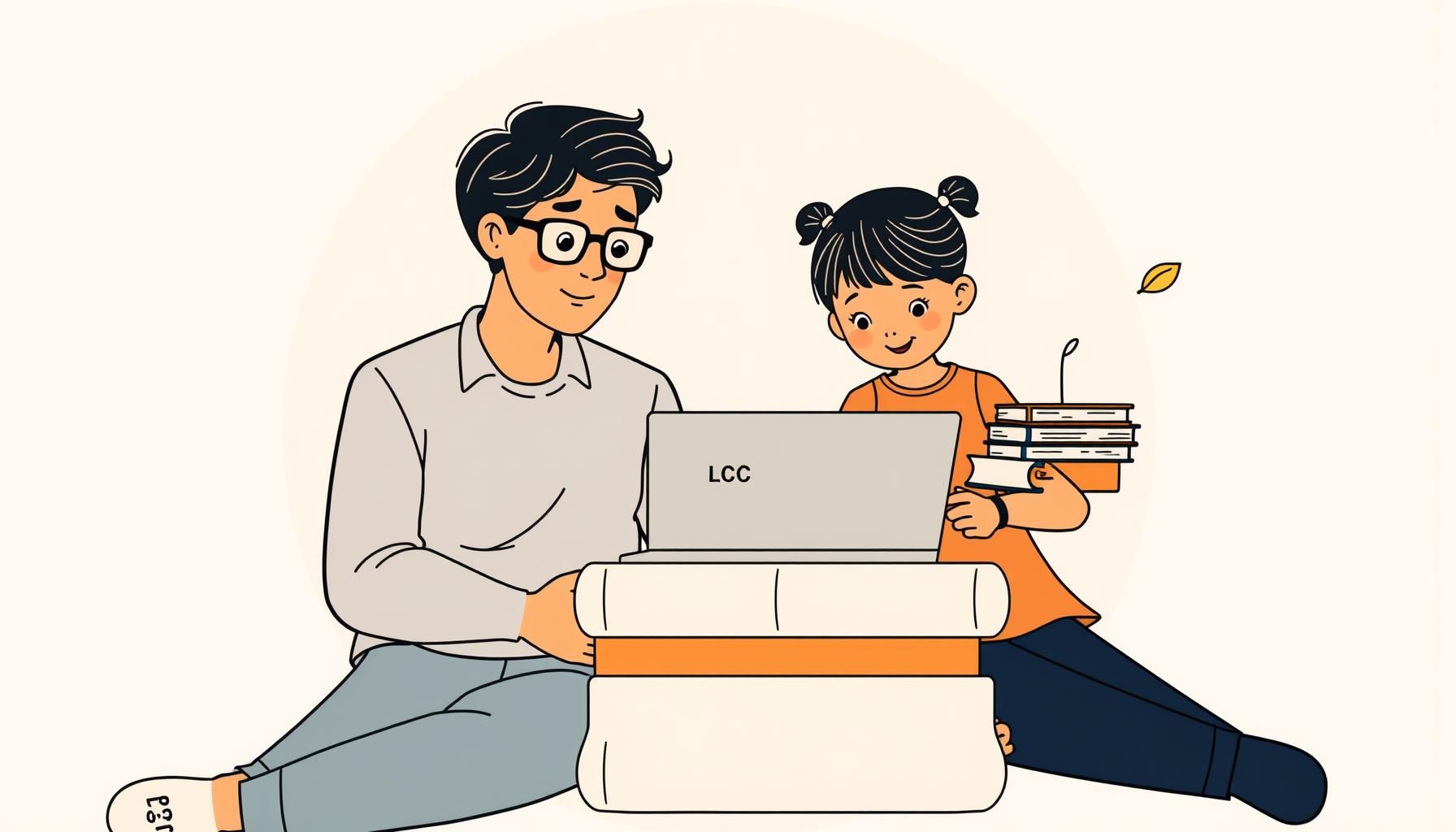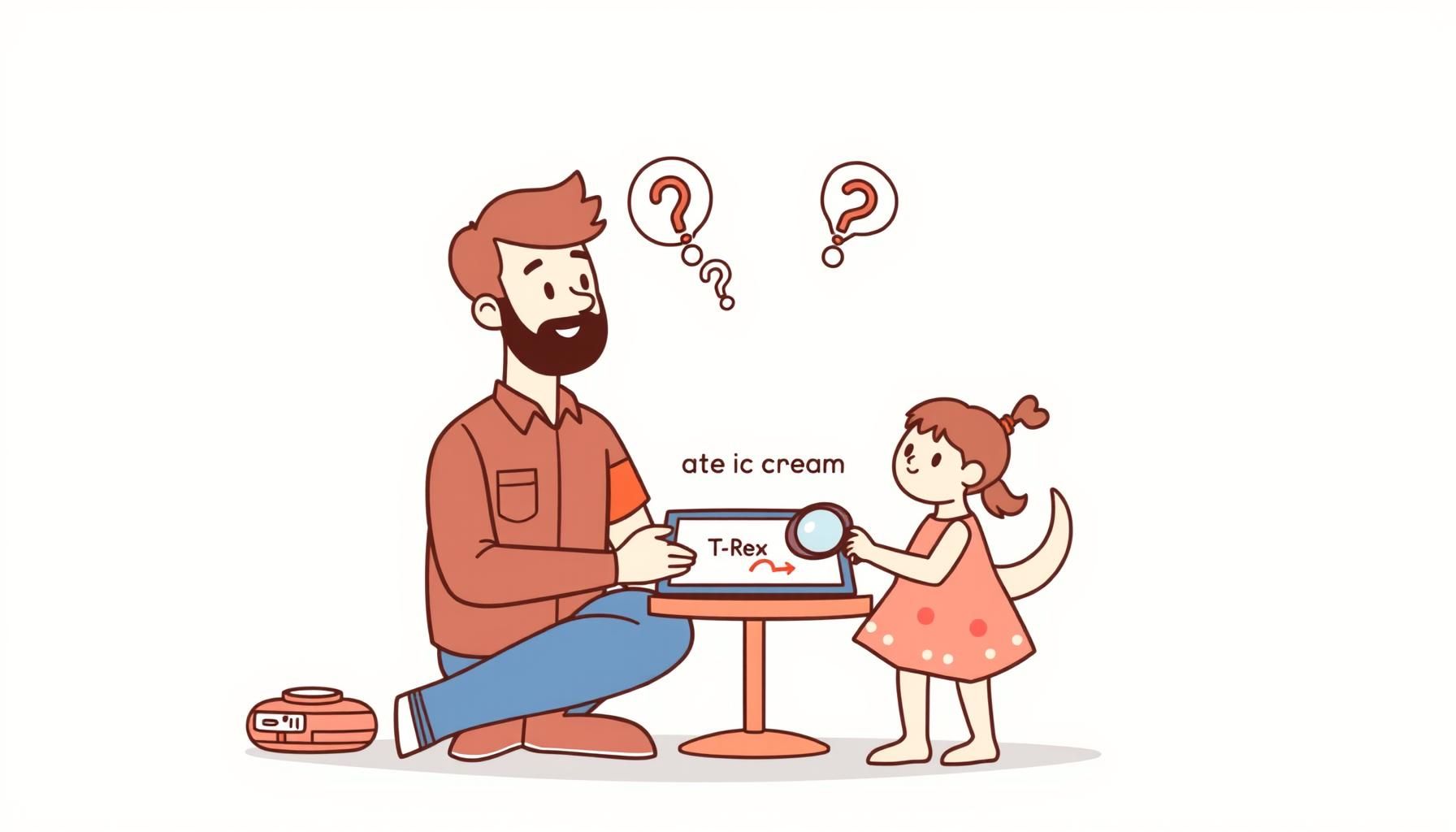
Last night, my 7-year-old asked why her Wikipedia search about dinosaurs had conflicting facts. You know that feeling when your kid’s question suddenly becomes a life-sized puzzle? It’s not just about dinosaurs anymore. Wikipedia’s fight against machine-generated misinformation reveals how we can protect our children’s curiosity while teaching them to navigate tech’s gray areas. Truth is a gift we unwrap together, one dinosaur fact at a time.
How AI Misinformation Challenges Every Parent’s ‘Trust But Verify’ Moment

Imagine teaching your child to ride a bike while someone secretly adjusts the training wheels. Wikipedia editors face this daily: 33% of flagged edits now come from AI tools with fake citations. But here’s the good news—they catch 89% within minutes using upgraded bots. As parents, we’re fighting similar battles. When your teen uses AI for homework, how do you balance trust with verification? What if we treated this like a global game of fact-checking tag? Last week, my daughter built a cardboard volcano and proudly declared ‘T-Rexes lived in Korea!’ We triple-checked—turns out she mixed up Triceratops and ancient Korean fossils. Like those park days when she asked about changing leaves, this made me chuckle but realize: every wrong fact becomes a chance to teach truth-detective skills. Now our living room features a ‘curiosity quest’ board tracking her wildest claims!
Why AI’s ‘Instant Answer’ Culture Feels Like Instant Ramen
Remember how Halmeoni always checks three sources before believing anything? That wisdom hits different now. Wikipedia’s 40% surge in fake citations (2023 study) mirrors what happens when kids get hooked on AI’s ‘just press a button’ approach. The problem isn’t the tech—it’s when convenience replaces curiosity. Ever seen your child ask ‘Who wrote this?’ or ‘Does this match Halmeoni’s old nature guidebook?’ Those moments matter. Instant ramen’s great when you’re starving—but here’s the twist: it needs kimchi seasoning to become a real meal. Same with AI—let’s teach them to question, not just consume.
Recent Studies on Human Superpowers: Our Secret Parenting Weapon

This made me think about how my daughter learns best. Turns out, those science folks found humans can outsmart AI noise by focusing on context and nuance—skills kids develop through messy, real-world experiences. Like when she built that volcano and asked, ‘Why do some websites lie?’ We talked about how tech isn’t evil; it’s like a playground slide. Sometimes you need to grab her hand at the bottom to keep things safe. That’s where our parenting superpower kicks in.
Turning Homework Into a Detective Game
Ever tried turning homework into a detective game? Think of it like this: when my daughter builds her cardboard volcanoes, she’s not just playing—she’s learning how to question sources. Turns out, those science folks found the same thing: critical thinking develops best through hands-on exploration. When she brings math problems home, I say ‘Let’s play homework sleuths!’ and suddenly Photomath becomes a tool, not a crutch. What do you think—should we let AI write bedtime stories? The secret sauce? Make digging for truth feel like treasure hunting!
Why Watermarking Matters More Than You Think

Wikipedia’s watermarking partnerships with AI companies aren’t just about tech—they’re about raising kids who wield it like a flashlight, not a spotlight. Think of it like teaching them to use a magnifying glass: you want them to see details, not burn ants. Turns out those science folks found improved bot verification when humans stay engaged. Critical thinking beats AI shortcuts every time, but we need to model it daily.
Building Truth-Detective Skills Without Nagging

Let’s face it—tech’s like instant noodles, but critical thinking is the homemade kimchi that keeps us grounded. Trying to police every screen minute feels like herding cats… but these cats come with endless cuddles. The trick? Homework sleuths stick better when wrapped in cultural joy. Now when we camp in our backyard with tablets and binoculars, we play ‘Which fact matches the stars?’ game. Suddenly, verification becomes family fun. Funny how a dino fact hunt turned into our nightly truth adventure, right?
Practical Steps for Today’s Tech-Savvy Families
Here’s what’s working for us: mixing K-pop beats with traditional Korean folk songs at dinner while fact-checking lyrics. It’s like when your kid rushes to show you a drawing—they just need that quick ‘Wow, look at this!’ moment. Create your own ‘curiosity quest’ board. Use AI to spark curiosity, not replace it. And remember—every wrong fact is a stepping stone, not a failure. How will you turn verification into adventure tonight?
Source: How Wikipedia is fighting AI slop content, The Verge, 2025-08-08.
